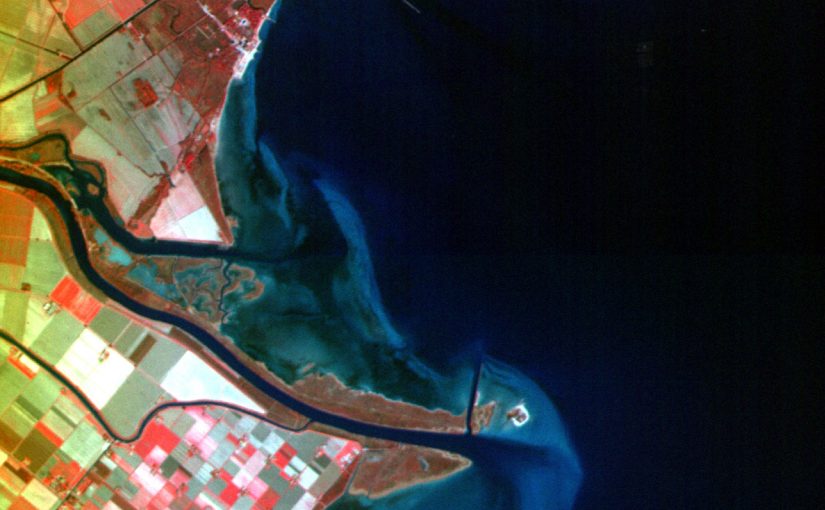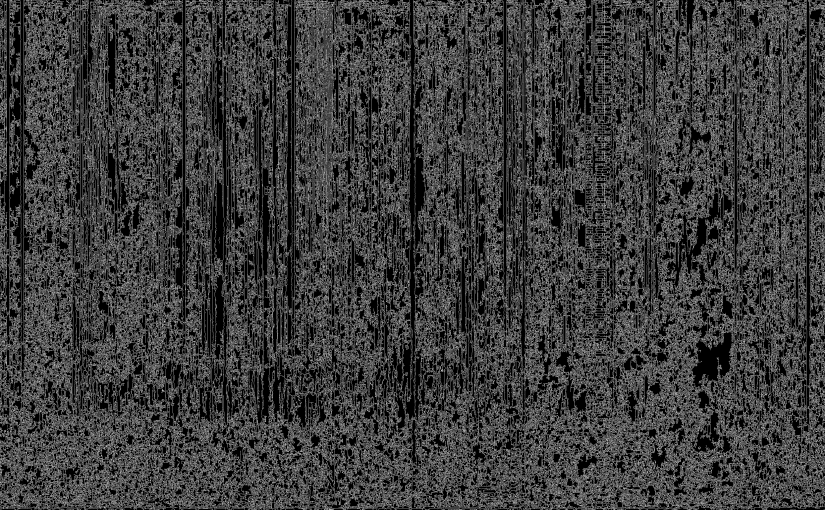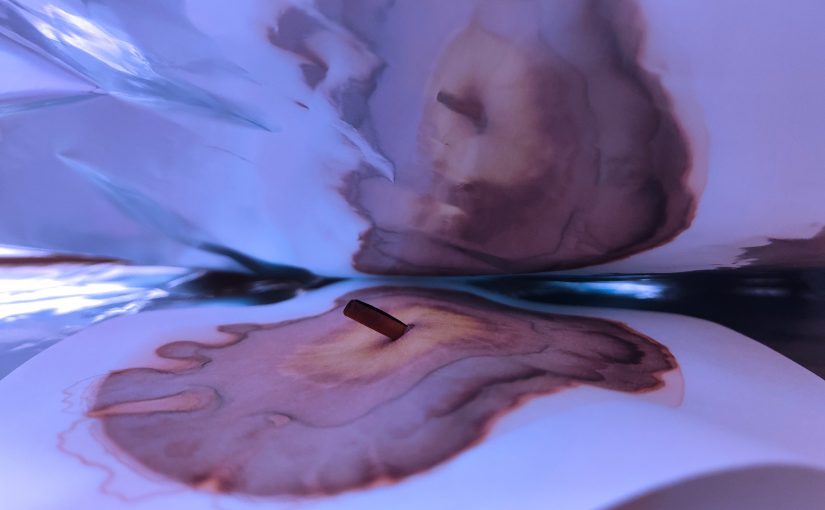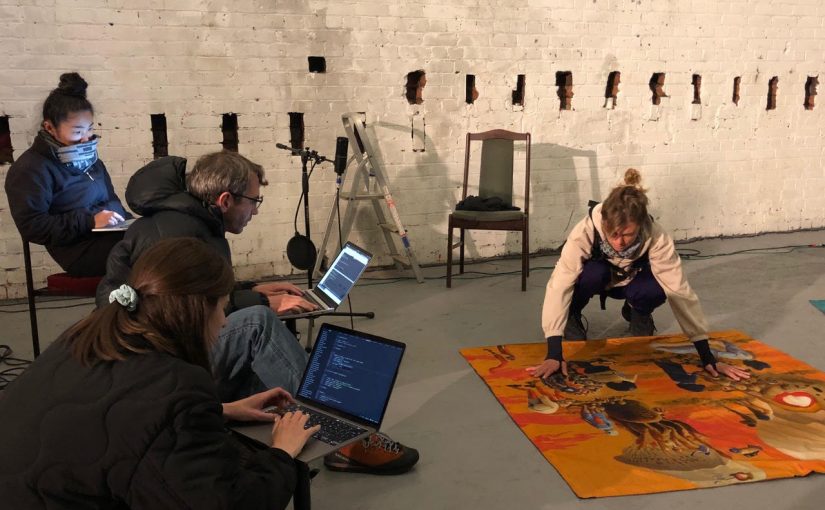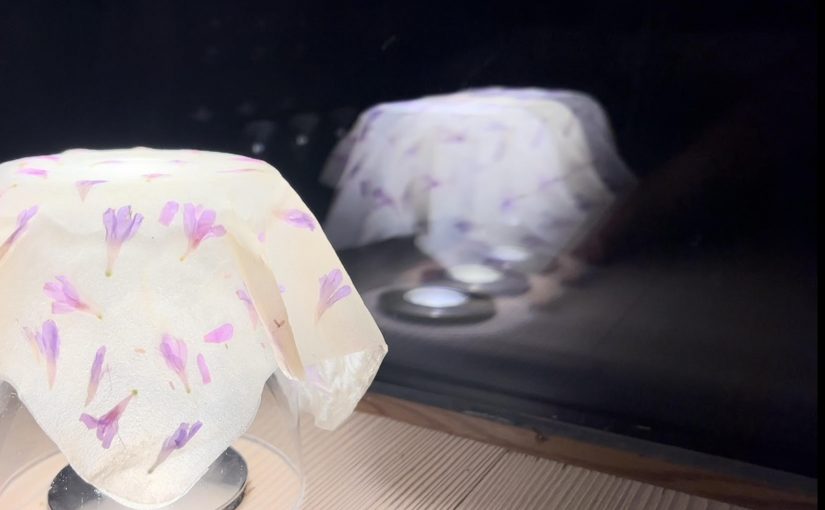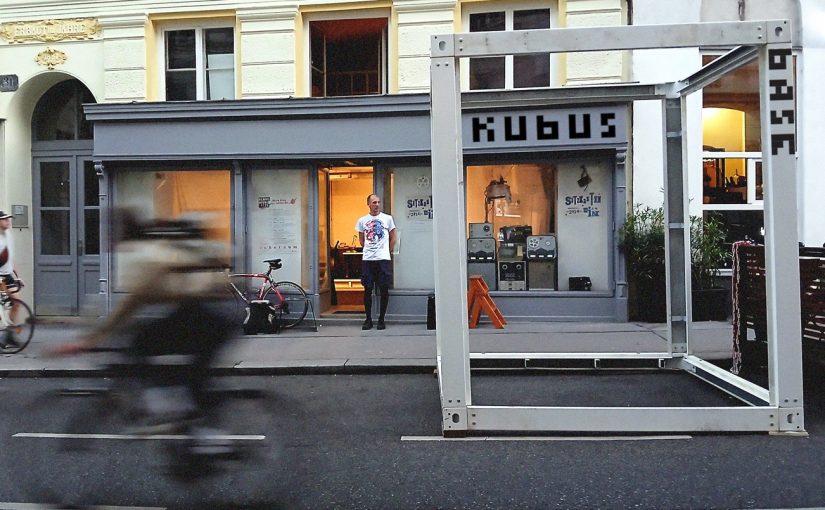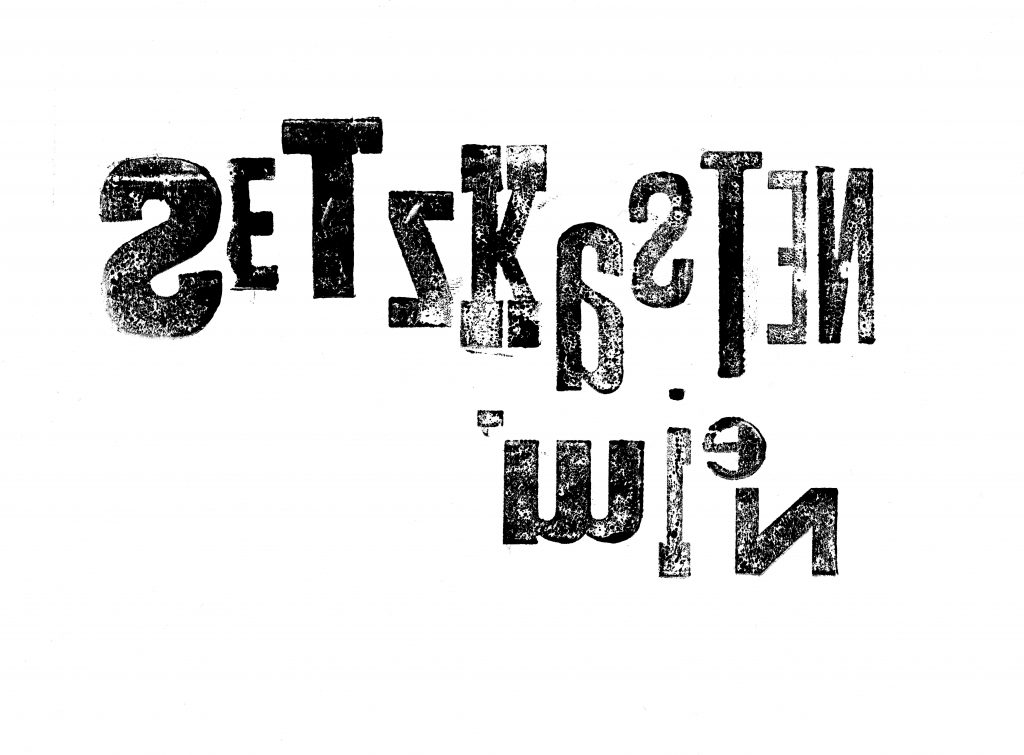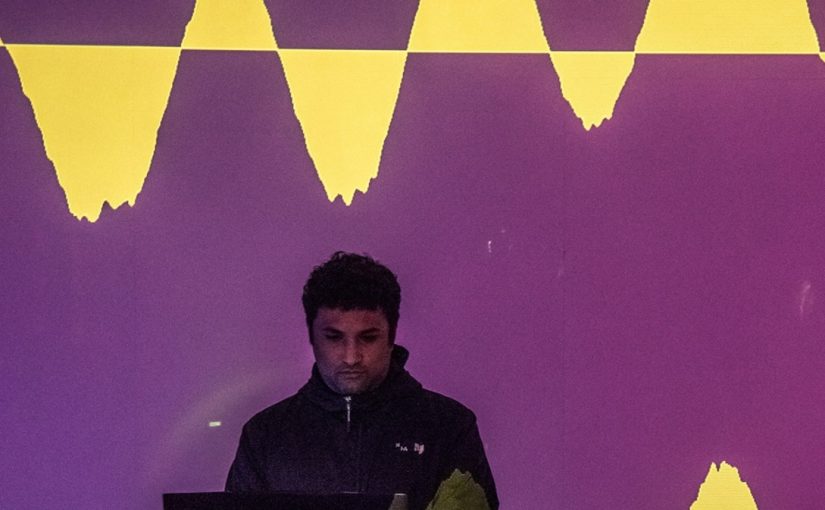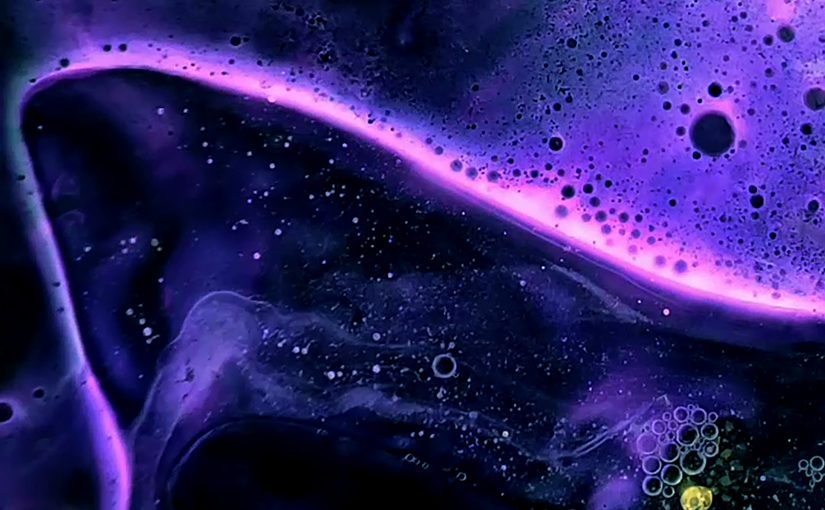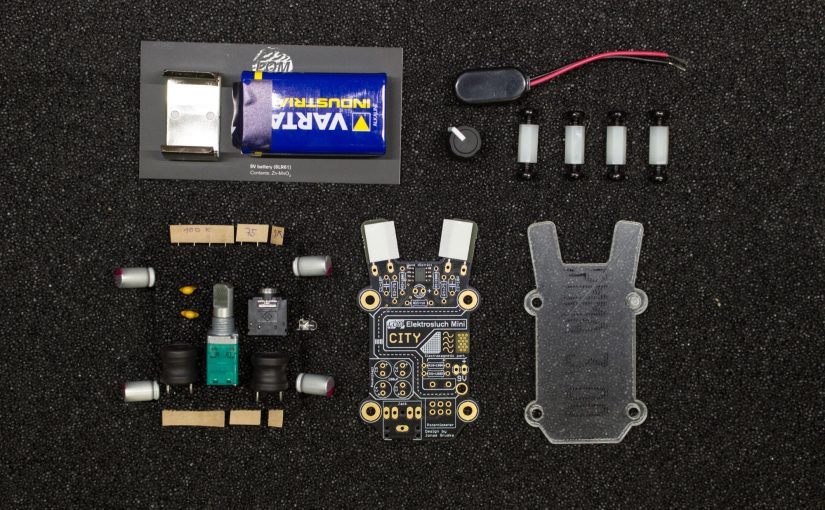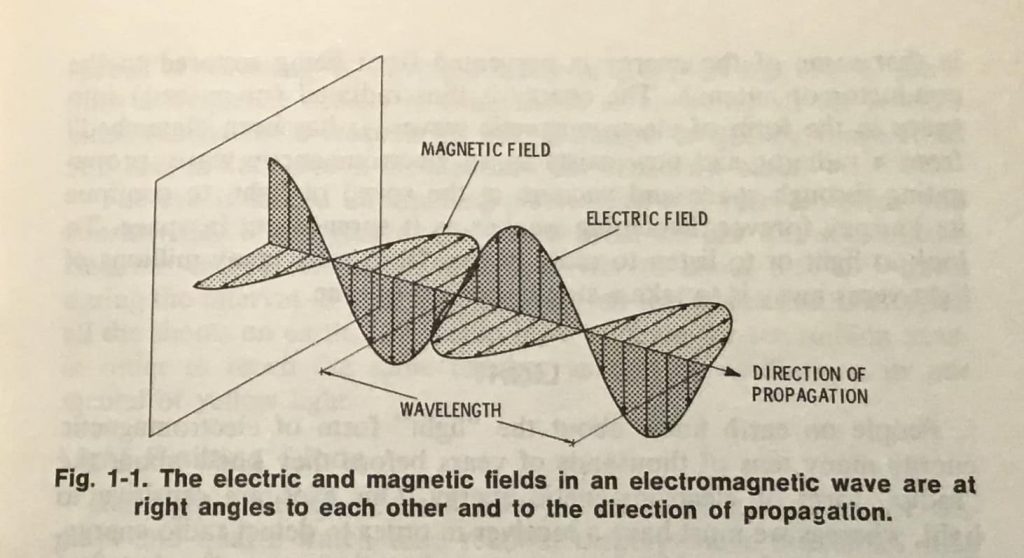ISOLABS is conceived as a landscape of forensic situations between art and science, stretching from the source to the mouth of the Soča River. It encompasses fieldwork and exchanges, environmental and remote sensing, mapping, reflection, and encounters with local and global communities that connect art, technology and the sciences.
With the accessibility of modern instruments for environmental sensing and recording, whether on a biological, chemical, physical, or visual level, human capacity to understand the components of what we consider “nature” has exponentially increased. However, to fully broaden our view of complex biospheres and comprehend them as ecosystems, we must integrate cultural, historical, and geological realities. How can an Alpine river, flowing into the Mediterranean Sea, with its material and cultural sedimentary deposits, contribute to ecological thought?
The Soča River is a particularly fragile biosphere and cultural treasure, which in its Alpine part is associated with a complex mix of historical conflicts, exploitation for hydroelectric power and sports tourism, extreme pollution, and geological damage. In its lower course, it creates a subtle micro-spread of the urban structures of Nova Gorica and Gorizia. Its mouth and contact with the Adriatic Sea form a new fragile ecosystem. During PIFcamp, the SPEKTR-Z[i] team will continue with the mapping and charting of the valley, an important part of the activities will also be connected to the launch of DIALECT (Distinctive Intonation and Articulation for Local Expression/Ecological Conveying and Traits identification), which is an ISOLABS research cluster devoted to mapping Slovenian, Friulian, and Italian dialects and microtoponyms in and around the river basin.
The team will also devote part of its time to the exploration of the war histories of the valley in connection to their preparations for Expanding Black situation, a research direction aimed at reflecting the global information space expansion of kriegstheater/theatrum belli, especially focused on the ongoing war operations on the territory of Ukraine, Russian Federation, Azov sea, Black Sea as well in adjoining airspaces.
[i] SPEKTR Z – Sensor Polygon for Electromagnetism, Communication, Technology, Research, and Detection is a hybrid mobile laboratory. It began operating in July 2022 in the Karst region during the largest natural fire in modern Slovenian history. Its activities continued as part of the ISOLABS project in the Soča River basin in August 2022, where it will remain active at least until 2026. The laboratory is of a hybrid nature, composed of modules and equipment for remote sensing, receiving, and processing systems for sensor data. A special section of the laboratory is dedicated to public presentations of its operation and collaboration with tactical media workers, artists, the creative and high-tech industry, and research institutions. The laboratory will be physically present in the Soča River basin from 2024 onwards, and we also plan to present it to the public at the central location of the European Capital of Culture in Nova Gorica. The laboratory is currently under construction and is expected to become operational in the fourth quarter of 2024.
